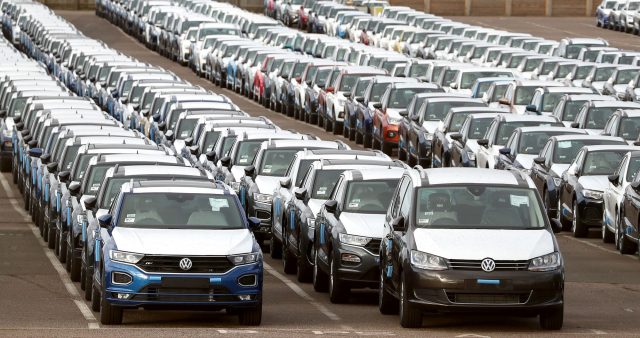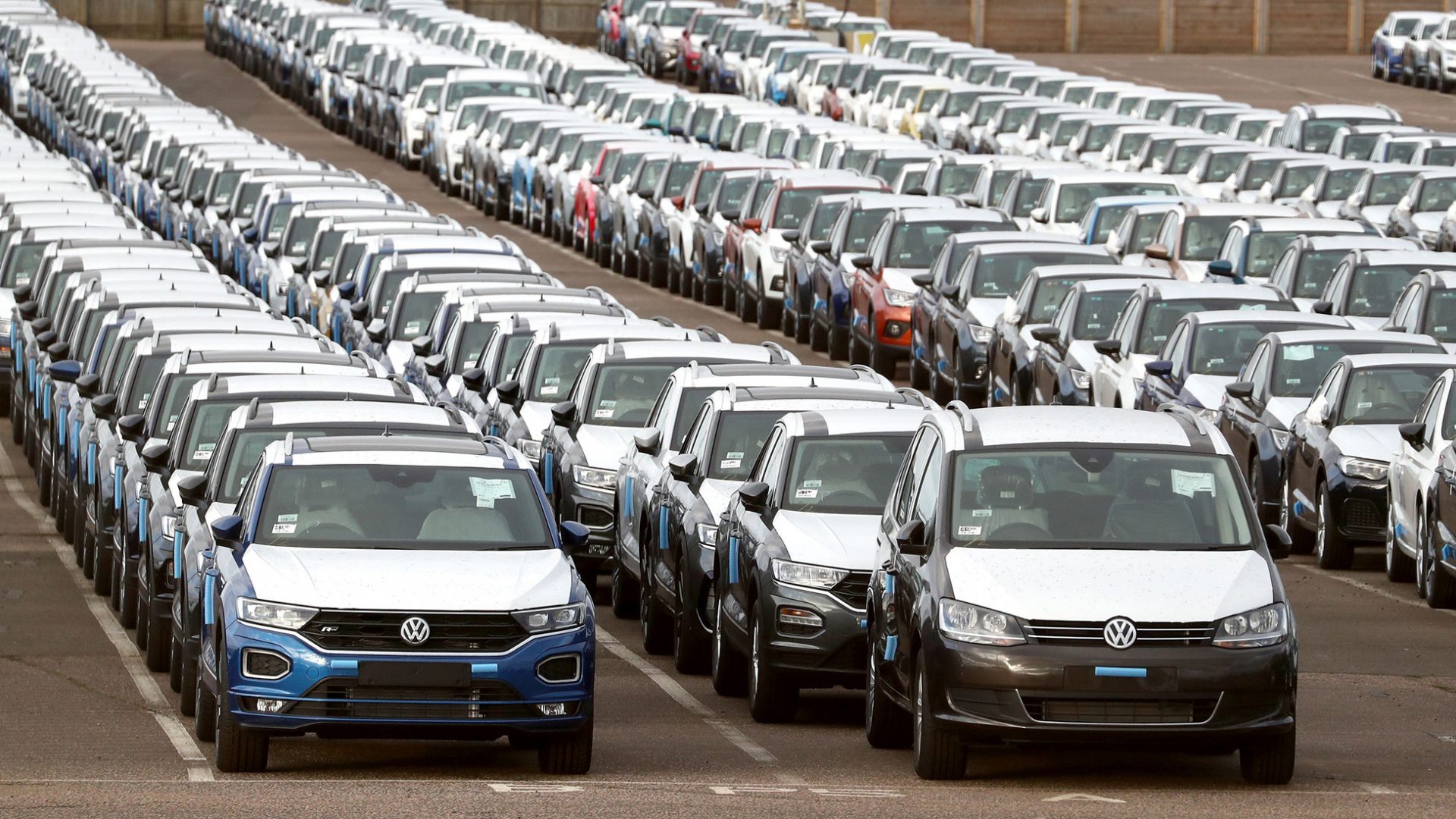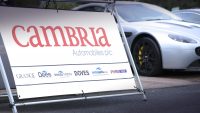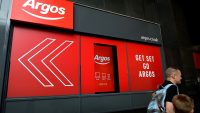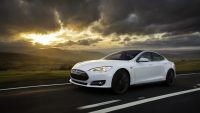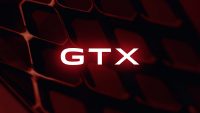The UK new car market fell by 1.3% last month with 84,575 units registered, the SMMT said this morning.
August is traditionally one of the quietest months of the year for new car sales, and the trade body said that with just 1,082 fewer sales than in the same month last year, many buyers were preferring to wait until September’s new number plate.
Continuing the recent trend, fleet purchases drove the market, accounting for six in 10 cars registered last month, or 51,329 units, despite a 1.2% drop versus August 2023.
Registrations by private buyers were flat – up 0.2% to 32,110 units – while business registrations were down by a whopping 30.3% to 1,136 units.
Petrol and diesel uptake fell by 10.1% and 7.3% to 42,872 and 5,165 vehicles respectively. However, together they still formed more than half (56.8%) of all new car uptake in August.
Plug-in hybrid (PHEV) registrations sank by 12.3% to 5,786, with a 6.8% market share, but hybrid-electric vehicle (HEV) uptake rose by a stonking 36.1% to 11,639 and 13.8% of the market.
Battery-electric vehicle (BEV) registrations, meanwhile, rose by 10.8% to 19,113 units thanks to heavy discounting by manufacturers over the summer and a raft of new models attracting buyers.
Their market share in August reached 22.6%, which was the highest for a month since December 2022, when BEVs commanded 32.9% of all new cars reaching the road.
Over the year to date, BEV market share has edged up to 17.2% and is expected to rise further to 18.5% by the end of 2024, thanks to increasing model choice – with some 364,000 BEVs registrations forecast for the year.
But the SMMT warned that despite the growth, it’ll still be shy of the 22% required by the ZEV mandate.
With the autumn Budget due on 30 October, the industry body is demanding urgent action to strengthen the market for new EVs.
They include binding targets on public chargepoint provision that align with the ones for industry, as well as reintroducing incentives for private buyers and removing disincentives, including the vehicle excise duty expensive car supplement, which is set to be introduced in 2025.
SMMT chief executive Mike Hawes said: ‘August’s EV growth is welcome, but it’s always a very low volume month and so subject to distortions ahead of September’s number plate change.
‘The introduction of the new 74 plate, together with a raft of compelling offers and discounts from manufacturers, plus growing model choice, will help increase purchase consideration and be a true barometer for market demand.
‘Encouraging a mass market shift to EVs remains a challenge, however, and urgent action must be taken to help buyers overcome affordability issues and concerns about chargepoint provision.’
The top-selling model was the Ford Puma at 2,471 units, followed by the Kia Sportage (1,962) and Tesla Model 3 (1,542).
Following them to complete the top 10 were the VW Polo (1,524), Tesla Model Y (1,469), VW Golf (1,437), VW T-Roc (1,297), Volvo XC40 (1,202), Hyundai Tucson (1,198), and Nissan Qashqai (1,170).
- Car Dealer Weekly Briefing: Read our editor’s take on the news
- Join our breaking news WhatsApp group
- Sign up for daily email Car Dealer news bulletins
- Listen to the latest Car Dealer Podcast
- Read the latest digital issue of Car Dealer Magazine
The post August new car market dips by 1.3% ahead of critical plate-change month appeared first on Car Dealer Magazine.
